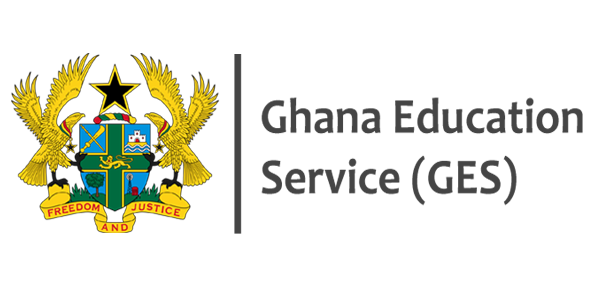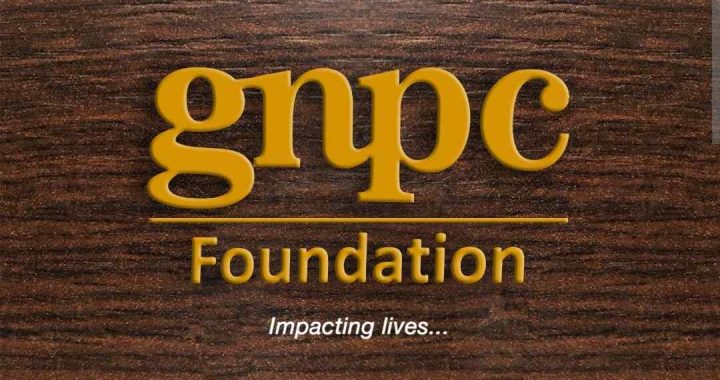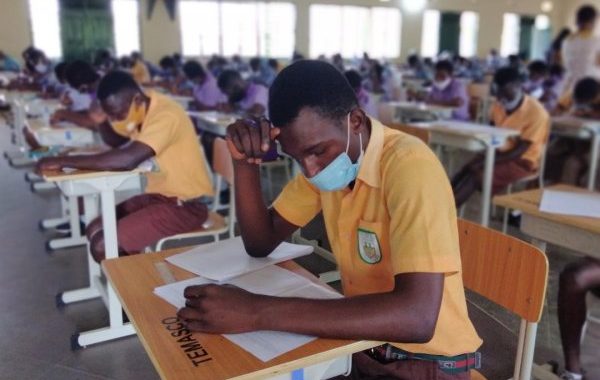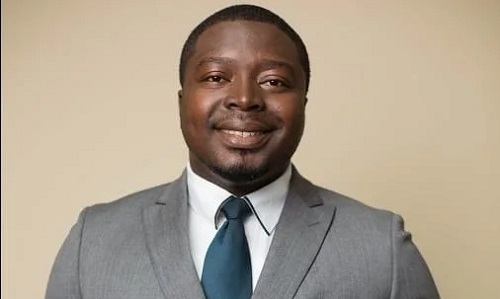Psychiatric-Mental Health Nursing Sample Questions

Psychiatric-Mental Health Nursing Sample Questions
Send Stories | Social Media | Disclaimer
Send Stories and Articles for publication to [email protected]
We Are Active On Social Media
WhatsApp Channel: JOIN HERE
2024 BECE and WASSCE Channel - JOIN HERE
Facebook: JOIN HERE
Telegram: JOIN HERE
Twitter: FOLLOW US HERE
Instagram: FOLLOW US HERE
Disclaimer:
The information contained in this post on Ghana Education News is for general information purposes only. While we endeavour to keep the information up to date and correct, we make no representations or warranties of any kind, express or implied, about the completeness, accuracy, reliability, suitability or availability with respect to the website or the information, products, services, or related graphics contained on the post for any purpose.

 GES To Query 42 Teachers In The Upper West Region; Here’s Why
GES To Query 42 Teachers In The Upper West Region; Here’s Why  Ministry of Education Denies Rebranding of Basic Schools
Ministry of Education Denies Rebranding of Basic Schools  GNPC Opens 2024 Scholarships Portal For New Applicants
GNPC Opens 2024 Scholarships Portal For New Applicants  How to Create Good Study Habits for Exams
How to Create Good Study Habits for Exams  How to Help Your Child Prepare for Exams
How to Help Your Child Prepare for Exams  Profile Of Kwabena Boateng, Ejisu MP Elect
Profile Of Kwabena Boateng, Ejisu MP Elect